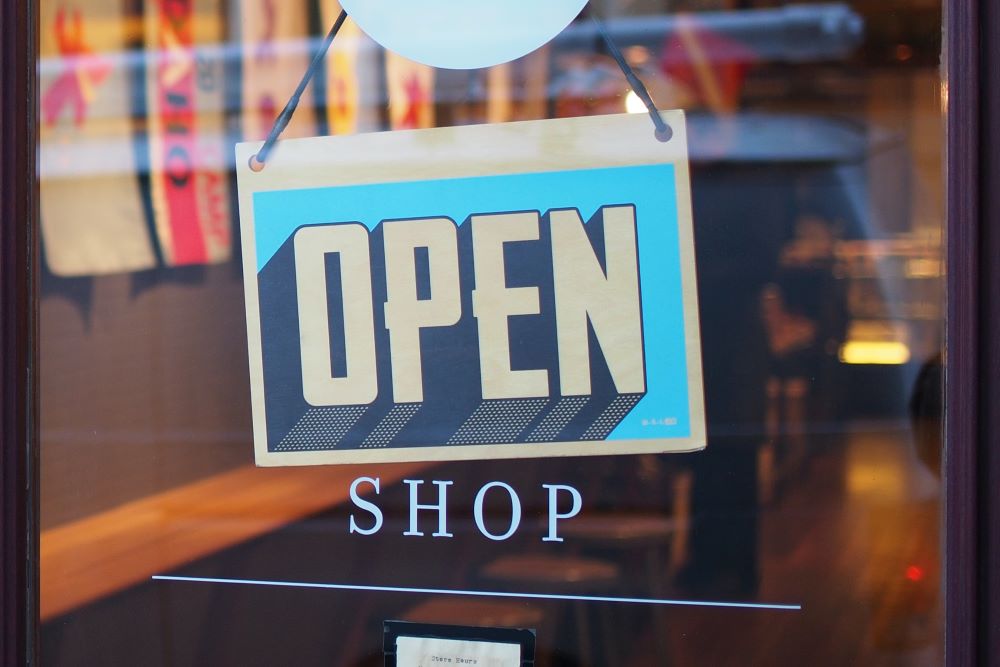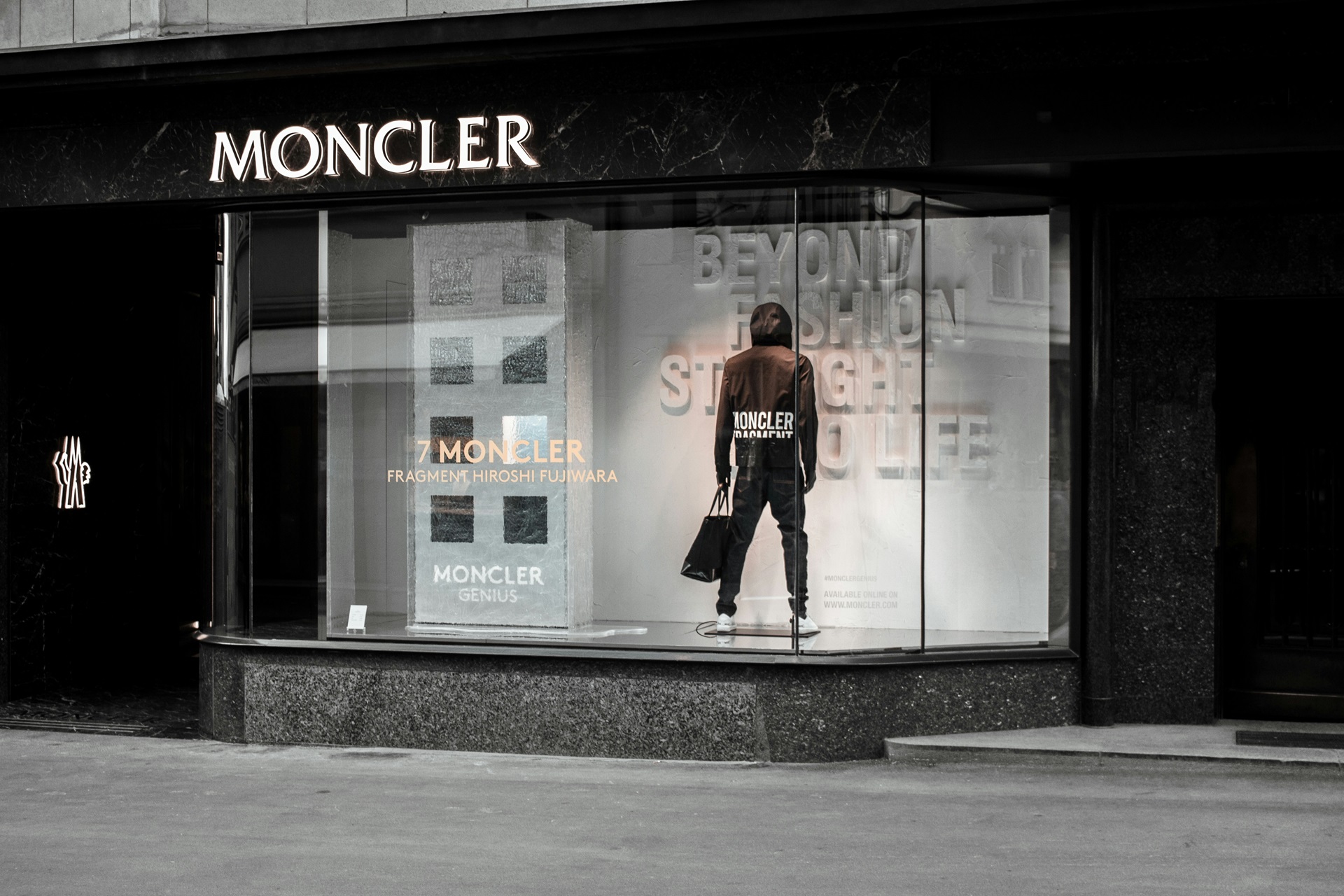
2019 has seen yet another raft of closures and brands falling into administration but what could be next for the high street in 2020? We’ve put together some retail predictions for the coming year.
Brands who fail to respond risk losing out
It has been an odd few years for retail. The sector is in the midst of a complete transformation: new channels provide consumers with more choice than ever before; a changing economic backdrop spurred by Brexit and a weaker pound has resulted in less disposable income; and new technological advances are redefining how brands think about their in-store and e-commerce experience.
All this is changing the way we shop, and how brands think about and present their offering. Brands which are able to stay-ahead of the innovation curve and which place customer experience at the centre of their offering will thrive in this heavily disrupted marketplace, while those who fail to respond risk losing out.
The main casualties have been on the high-street. We’ve already seen some big names exit the retail space this year, with the likes of Mothercare failing to cash-in on the trends and adequately respond to the needs of the consumer. This is just the start.
We predict more closures, especially those brands which …
… compete with Amazon: in a world obsessed with convenience, online shopping is simply the cheapest and easiest option. Brick-and-mortar stores need to find another USP to compete with the likes of Amazon, as the hygiene factors they once relied on no longer exist. Experiences and events have helped some physical retailers stay relevant but the need to constantly innovate will continue to plague physical retailers.
As well as dominating online, Amazon is also pushing boundaries in-store, with many dubbing ‘Amazon Go’ (Amazon’s range of convenience stories in the US) a ‘game-changer’ for the physical retail space. The ‘just-walk-out-shopping’ provides a frictionless consumer experience, where shoppers don’t even have to queue or get out their wallet to pay. This re-imagination of the physical retail space is a stark reminder that brands need to get-ahead of the curve or risk becoming obsolete.
… have the poorest availability and worst delivery options: this is a response to consumers’ insatiable desire for convenience. With advances in e-commerce and technology, consumers have been re-wired to expect almost instant results. This is no more apparent than in the case of online shopping. Brands with different touchpoints (online and physical) need to respond by providing a seamless multi-channel experience: one which offers the upmost convenience. Leading brands are already doing this by offering ‘click-and-collect’ and same day-delivery services.
… fail to recognise consumers are finally waking up to sustainability: from Dr Martens’ vegan shoe line to the launch of the ‘Responsible edit’ on ASOS, the role of sustainability is becoming increasingly important within the retail space. Issues such as climate change, excessive waste, and unethical working conditions are more salient than ever in the media and this is having a knock-on effect on buyer behaviour.
It’s evident that brands embracing sustainability initiatives are generating positive noise around their actions.
Our BrandVue platform shows ‘positive buzz’ is on the rise for both M&S and Sainsbury’s (which have both seen 2-3% increases over the past year, respectively). Both brands have been sure to publicise their sustainably pushes.
By the end of the year, Sainsbury’s has pledged to remove black plastic from its chilled ready meals trays and replace it with recyclable material; in the longer term, the supermarket has vowed to half their plastic packing by 2025.
M&S is keen to reduce its plastic use too – having received a positive reaction from the public regarding its trial run of unwrapped fruits and vegetables at one of its London branches in January, it is now rolling this out across more stores in the UK.
Get in touch to find out how we can help you in 2020.





